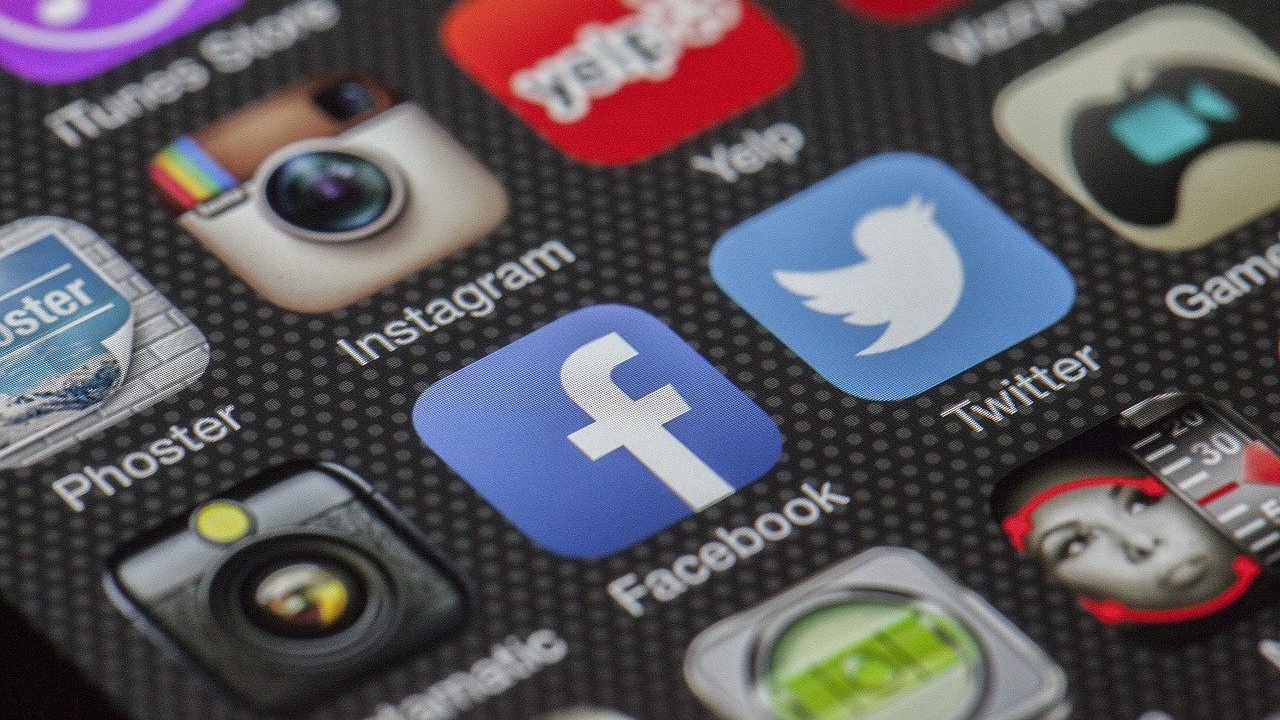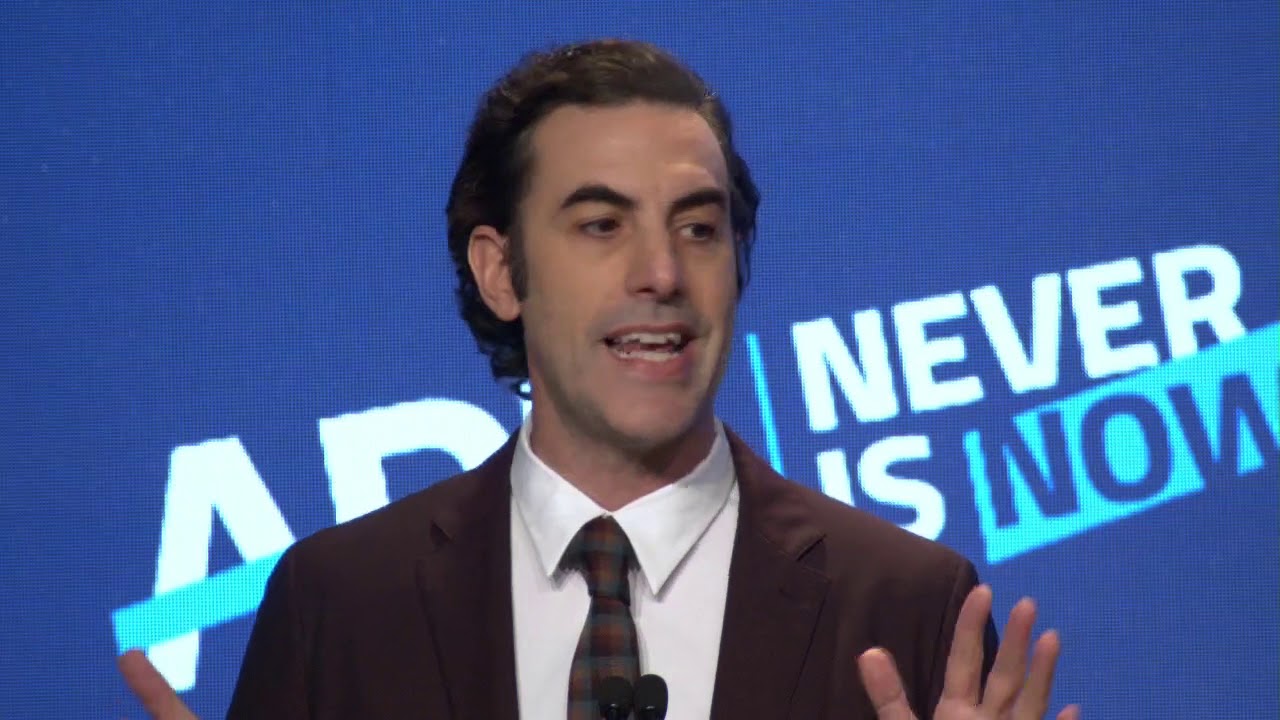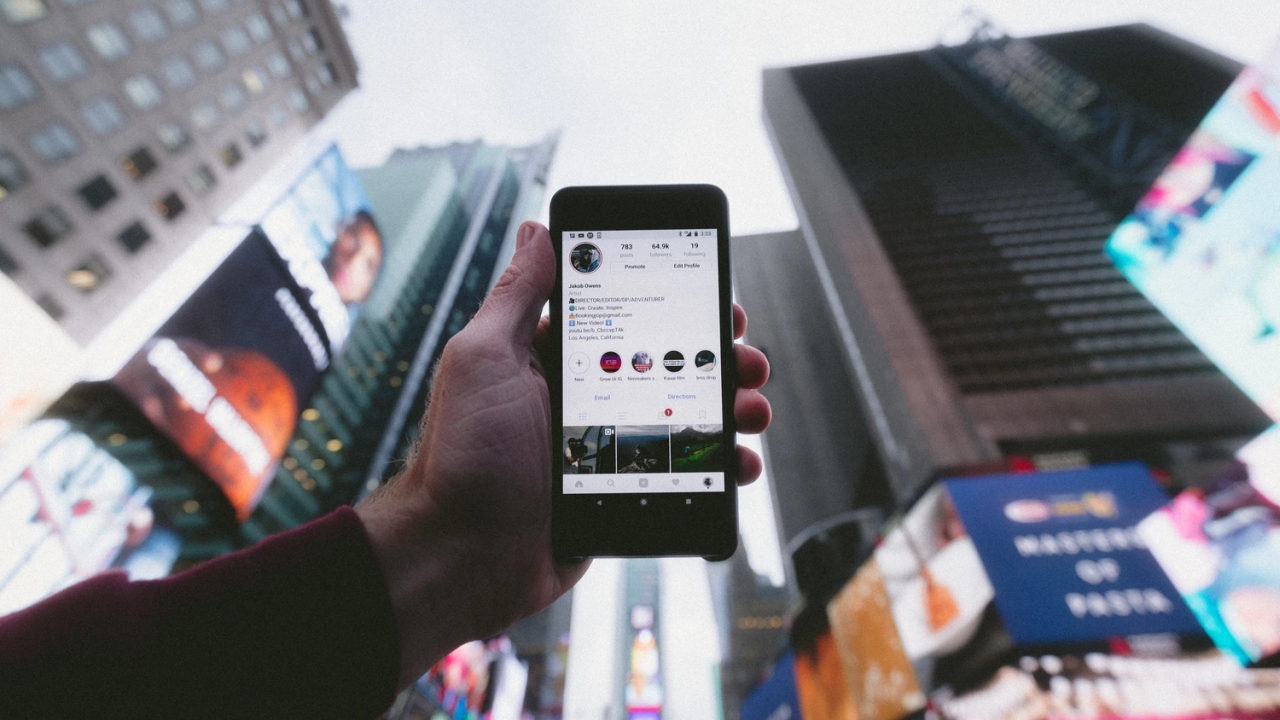
Is social media the source of most COVID misinformation?
Originally posted on The Horizons Tracker.
Misinformation has sadly been all too prevalent during the coronavirus pandemic, with various studies attempting to understand its influence and origins. For instance, research has found that conservative men are most likely to succumb to misinformation and conspiracy theories about the virus, and that this misinformation is most likely to be shared on Facebook.
It’s this latter point that is the subject of new research1 from McGill University, which shared these findings that people who primarily get their news from social media are most likely to have skewed perceptions about the virus. By contrast, when people primarily get their information from traditional news media, they were not only more likely to be better informed, but more likely to observe public health recommendations.
Exposure to misinformation
The researchers looked at what exposure to misinformation does to our behavior. They did this through a combination of analysis of both social media and traditional news media, alongside survey research. Millions of tweets were assessed, alongside several thousand news articles and a nationally represented sample of Canadians was asked how prevalent they thought Covid misinformation was, how much this contributed to any misperceptions they have, and does this subsequently affect their behavior.
“Platforms like Twitter and Facebook are increasingly becoming the primary sources of news and misinformation for Canadians and people around the world. In the context of a crisis like COVID-19, however, there is good reason to be concerned about the role that the consumption of social media is playing in boosting misperceptions,” the researchers say.
The analysis suggests that false and misleading information about Covid-19 is shared far more often on social media than it is on traditional news media. What’s more, this contributes to a significant difference in behavior, with people who regularly get their information from social media less likely to observe social distancing, or even to regard Covid-19 as a threat.
“There is growing evidence that misinformation circulating on social media poses public health risks,” the authors conclude. “This makes it even more important for policy makers and social media platforms to flatten the curve of misinformation.”
Article source: Is Social Media The Source Of Most COVID Misinformation?
Header image source: Thomas Ulrich on Pixabay, Public Domain.
Reference:
- Bridgman, A., Merkley, E., Loewen, P. J., Owen, T., Ruths, D., Teichmann, L., & Zhilin, O. (2020). The causes and consequences of COVID-19 Misperceptions: Understanding the role of news and social media. The Harvard Kennedy School (HKS) Misinformation Review. ↩






